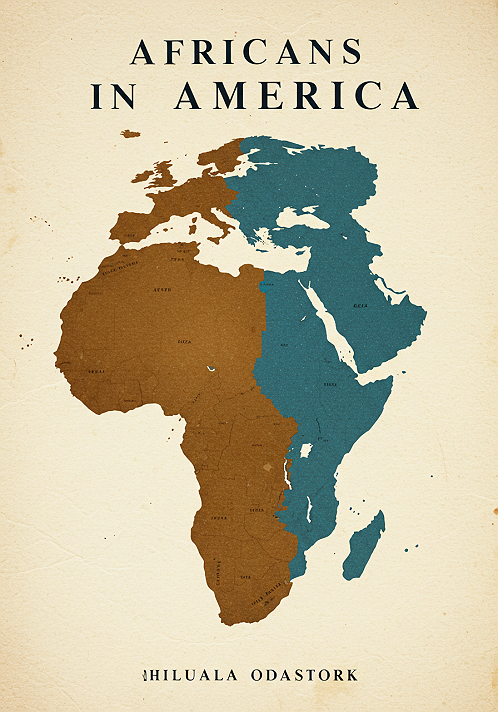AFRICANS IN AMERICA ✍️
A GROWING DIASPORA AND THEIR MULTIFACETED JOURNEY
Introduction
The African presence in America is not a new story, but one that continues to evolve in complexity and richness. While the African American community largely traces its roots to the transatlantic slave trade, the wave of recent African immigrants arriving voluntarily—particularly since the 1960s—has added a new dimension to the Black experience in the United States. Africans living in America today contribute significantly to the cultural, academic, and economic landscape of the country, while simultaneously navigating the intricate challenges of identity, assimilation, and belonging.
A New Wave of Migration:
The 1965 Immigration and Nationality Act marked a pivotal moment, dismantling discriminatory quotas and opening the doors for highly educated and skilled Africans. Since then, the African immigrant population has surged. As of 2024, over 2.5 million African-born individuals live in the United States, with Nigeria, Ethiopia, Ghana, Kenya, and Egypt being the top countries of origin.
Many African immigrants arrive in pursuit of education, better economic opportunities, or to reunite with family. Cities like New York, Houston, Atlanta, Minneapolis, and Washington D.C. have become vibrant hubs of African diaspora communities.
Cultural Contributions and Entrepreneurship:
Africans in America have enriched the nation with diverse cultural traditions, languages, foods, music, and fashion. From the global rise of Afrobeats to the widespread popularity of African cuisines such as Nigerian jollof rice or Ethiopian injera, African culture is finding its place in mainstream American life.
Additionally, African immigrants are some of the most educated groups in the U.S., with many holding advanced degrees. This has translated into strong representation in professions such as medicine, engineering, academia, and technology. A growing number of African entrepreneurs are also making waves—building businesses that cater to both African and American markets.
Navigating Identity and the African-American Experience:
Living in America presents a unique identity negotiation for Africans. While many arrive with a strong sense of national identity—Nigerian, Ghanaian, Somali, etc.—they often find themselves labeled simply as "Black" or "African American." This shift can lead to a deeper reflection on race, systemic inequality, and solidarity with African Americans, who have a distinct historical and cultural legacy.
Although alliances and shared struggles exist, cultural misunderstandings sometimes surface between African immigrants and African Americans. However, many young Africans born or raised in the U.S. are bridging this gap—embracing their African heritage while engaging fully with Black American culture and activism.
Challenges of Assimilation and Discrimination:
Despite their achievements, Africans in America often face challenges including racial profiling, xenophobia, and cultural isolation. Their accents, dress, or names may subject them to microaggressions or exclusion. The American racial landscape can also be disorienting for newcomers unfamiliar with its deeply entrenched history and tensions.
Additionally, undocumented African immigrants face legal uncertainties and barriers to employment, healthcare, and education—adding another layer of vulnerability.
Resilience and Community Building:
Despite these challenges, Africans in America are building strong, resilient communities. Religious institutions, cultural organizations, and mutual aid networks serve as pillars of support. African churches and mosques are not just spiritual homes—they are places for networking, social services, and community organizing.
Many Africans are also deeply engaged in civic life—voting, running for office, and advocating for immigrant rights and social justice. African-led nonprofits are working on everything from youth mentorship to healthcare outreach to cultural preservation.
In Conclusion, Africans living in America are more than just immigrants—they are culture bearers, professionals, activists, and storytellers. Their experiences add a rich layer to the tapestry of Black life in America, showing that the African journey is not monolithic, but multifaceted and dynamic.
As their numbers grow, and their voices gain strength, Africans in America are reshaping narratives—challenging stereotypes, building bridges, and contributing to a future where diasporic connections become sources of power, pride, and progress.















